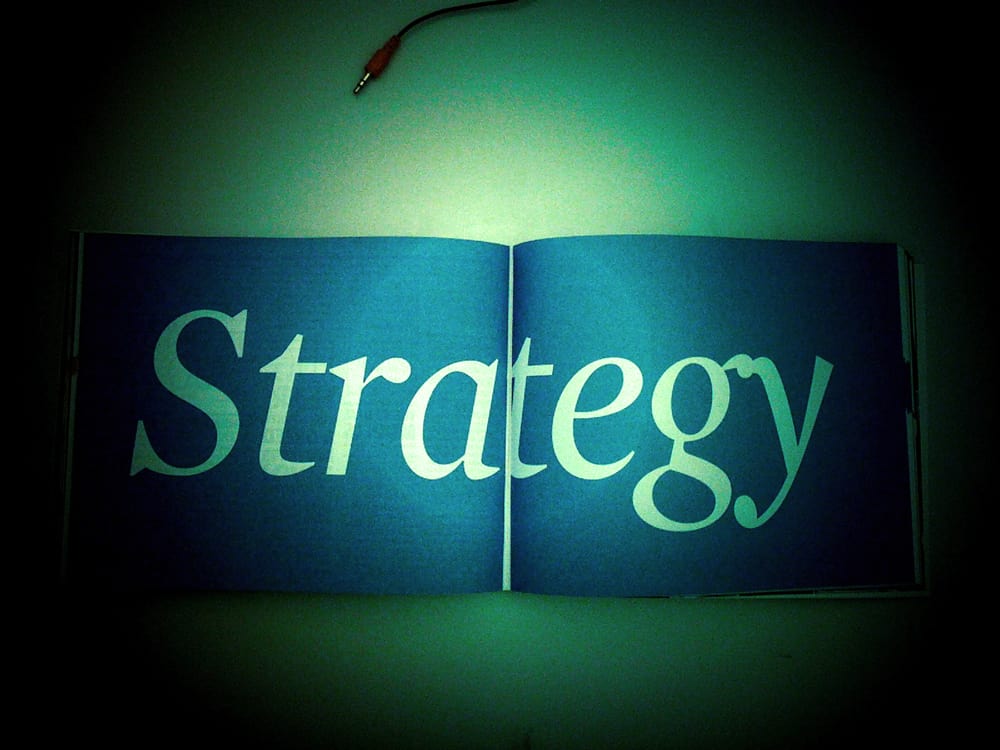By Jane Carroll, head of corporate development, Peppermint Soda
Inefficient marketing can badly impact on your long-term performance – and cost you a sale. Are you making any of these grave marketing mistakes?
A business strategy and a marketing strategy are the dual ammo every company needs to guide them to success. While your business strategy allows you to implement essential operations successfully, your marketing strategy gives you the opportunity to effectively promote your products or services.
But what happens when your marketing strategy isn’t up to scratch? Take a look at some of the outdated and inefficient marketing techniques that many businesses continue to use today, and how these can negatively impact on your growth if you continue to use them.
Adapting to emerging trends in your own industry and the marketing industry as a whole is crucial. Businesses that live in the past and refuse to take on board new methods and technologies risk becoming lost in a sea of competitors who make their products or services more visible and accessible by using new and effective methods.
A perfect example of this comes from the death of Blockbuster. While the company continued to convince itself that online rental services were for a niche market, the likes of Netflix and Amazon Prime overpowered them, leaving the business lost in the comparative dark ages.
Keeping up-to-date with developments is important for continuing to attract and engage with your target market. The modern world has a place for even the most traditional of businesses, providing they can integrate themselves into an innovative and proactive environment.
WANTING IT ALL, ALL AT ONCE
Many businesses are layered rather than one-dimensional, and what they offer their customers is vast. But this multi-dimensional offering should come with a more sculpted marketing approach.
A marketing strategy designed to promote one product is unlikely to work for multiple commodities. With modern tools and resources available – such as search queries and volumes from Google AdWords – you can get an understanding of when customers are actively looking for certain products and services, ensuring that you promote them at the right times.
Consider seasonality within your industry and think about how your goods fit into each of them. This way you can gather more of an understanding of where and when you should be spending your time and budget.
Adapting to emerging trends in your own industry and the marketing industry as a whole is crucial
Many big brands produce fascinating promotional campaigns, such as Pepsi Max’s augmented reality, or even H&M’s pairing with David Beckham. Yet, while large-budget projects can seem like the right thing to do, they need to target the right people.
Customer experience is an integral part of every marketing strategy, so it’s vital that the promotional work you carry out is designed around the needs and requirements of your target audience. Before you go and spend vast amounts of money on a campaign, determine whether your idea will capture the imagination of your target audience through focus groups, test articles and commissioned audience insight data, preventing you form wasting your money and your time.
INEFFICIENT MARKETING
While you might not see it now, inefficient marketing can impact heavily upon the profitability of your business. By making positive changes to your strategy, you can increase your number of leads and conversions, in order to improve the all-important money-making side of your business.
For marketing to continue playing an integral role in the growth of your business, it is also vital that you continually build upon your approach. By saying goodbye to outdated strategies and hello to the new world of promotion, your business will have the opportunity to develop and continue doing well into the future.
About the blogger
 Jane Carroll is head of corporate development at creative marketing communications agency, Peppermint Soda.
Jane Carroll is head of corporate development at creative marketing communications agency, Peppermint Soda.
Headquartered in Manchester, the agency delivers strategic campaigns spanning social media, media relations, PR, branding, websites, blogs and video. The agency holds over 40 awards for delivering high-level ROI projects for its clients.
Jane has worked in the industry for over 16 years. She has spearheaded Peppermint’s business development team and has been with the agency since October 2007. She has worked her way up through the ranks, doing every possible PR task from drafting copy and organising photo calls, to attending media visits.




